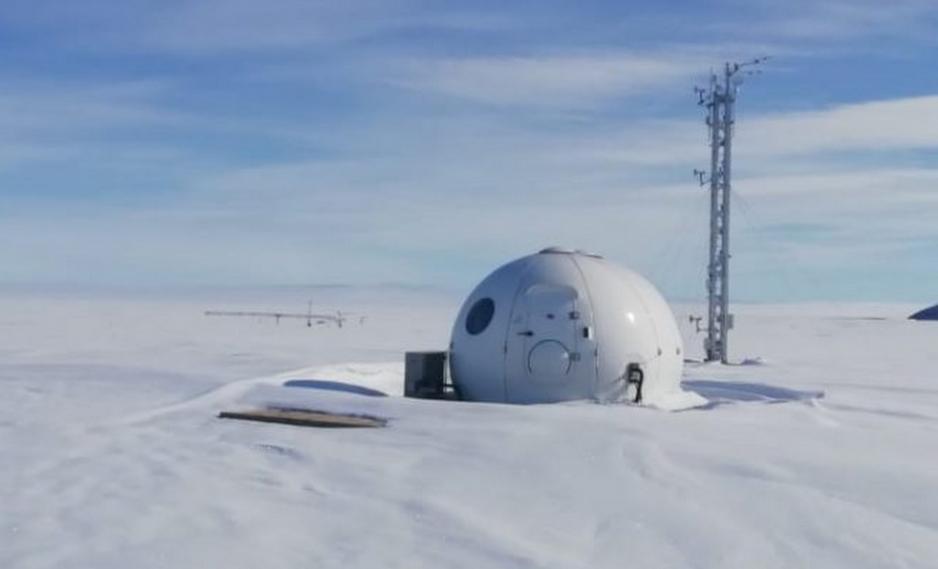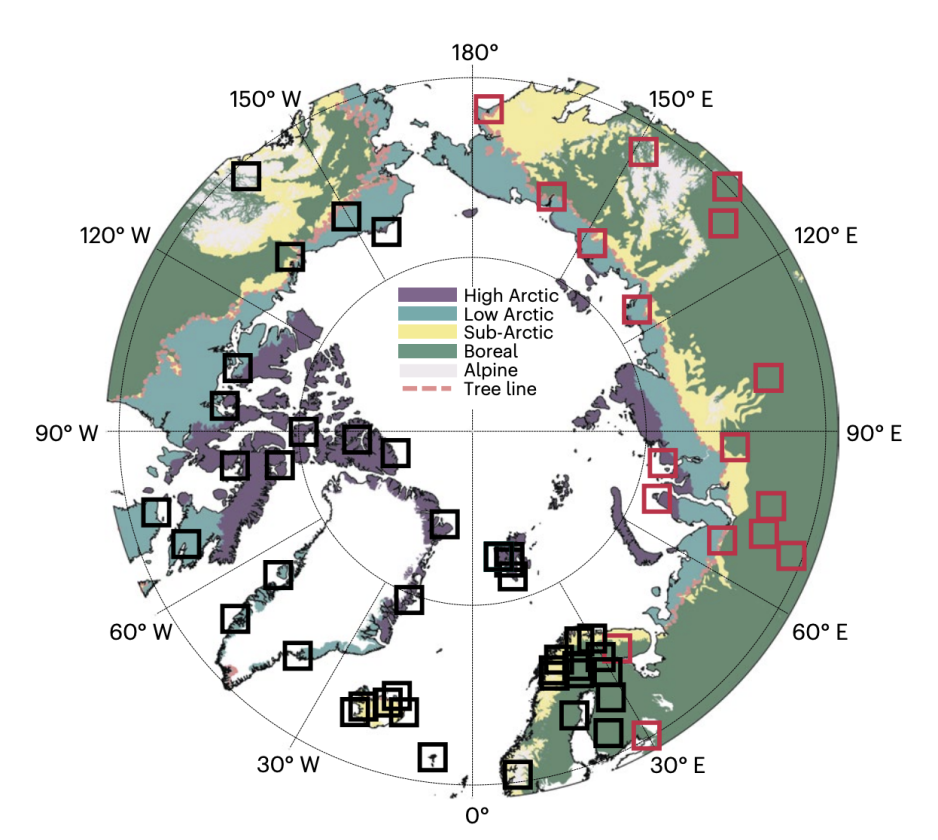Lack of Russian Data Reduces Understanding of Climate Change in the Arctic

INTERACT research station in the Arctic. (Source: INTERACT)
The loss of Russian climate change data from the Arctic creates a significant blind spot a new study warns. Around one third of research stations of the INTERACT network are located in the Russian Arctic.
A new study published in the science journal Nature sheds new light on how Russia’s invasion of Ukraine hampers the collection of scientific data across the Arctic. The researchers looked at the world’s largest network of high-latitude research stations, called the International Network for Terrestrial Research and Monitoring in the Arctic (INTERACT), to determine what biases are introduced into the system when Russian data is excluded.
The impact of lacking Russian data over the past 24 months is especially significant as the country accounts for the majority of Arctic landmass and more than half of the Arctic Ocean’s coastline.
The scientists concluded that some biases are so significant that it will be hard to distinguish between shifts caused by climate change and those caused by the exclusion of Russian data.
With parts of the Arctic warming at four times the rate as the rest of the planet, the collection and assembly of ground-based observations across the region forms a key tool to assessing how the Arctic’s climate state is changing. Now data is predominantly coming from non-Russian parts of the Arctic.
The new study aims to determine how impactful the lack of Russian data is on the overall results. To quantify the effort the researchers looked at eight key variables, including annual mean air temperature, total precipitation, snow depth, soil moisture, vegetation biomass, soil carbon, net primary productivity and heterotrophic respiration.
The data comes from a network of 60 stations located above 59° N, of which 17 stations are located in Russia.

Map of the INTERACT research stations. Red squares designate Russian stations, while black squares identify stations outside of Russia. (Source: Efrén López-Blanco et al.)
The researchers emphasized that even with all Russian stations included the network’s data contains a certain bias as the stations are “generally located in the slightly warmer and wetter parts of the Arctic” and in areas which generally experience deeper snowpacks and are thus not fully representative of the pan-Arctic ecosystem.
However, the loss of the Russian stations further erodes the representativeness across almost all ecosystem variables. This is especially true for Russia’s extensive taiga forests across Siberia, which are now fully excluded from the data set.
A dangerous blind spot
The researchers warn that this blind spot will severely hamper the tracking of the global implications of thawing permafrost across vast swaths of Russian Arctic lands.
Permafrost has been called a “ticking time bomb below our feet,” as it holds vast stores of CO₂ and methane, two powerful greenhouse gasses. As the soil warms it also has a detrimental effect on Arctic infrastructure.
The findings suggest that the variability and bias introduced by excluding the Russian stations is “of a similar magnitude as the shifts inflicted by almost 80 years of projected climate change.” It will thus be challenging to understand what shifts were the result of climate change and which are introduced by the lack of data.
The study concludes that “because of the geopolitical consequences of the Russian attack on Ukraine, the ability to both track and further project the development of the Arctic biome following climate-induced ecosystem change has deteriorated.”
This lack of understanding in turn will reduce the ability to design initiatives to help mitigate some of the negative consequences of climate change and will reduce the effectiveness of already existing programs.
The researchers call on the international community to “strive for establishing and improving a research infrastructure and standardized monitoring programmes representative of the entire Arctic.”
They conclude that “until that is implemented, the ability to support and advise local and global communities will decrease further due to the loss of Russian stations representing half of the Arctic’s landmass.”

